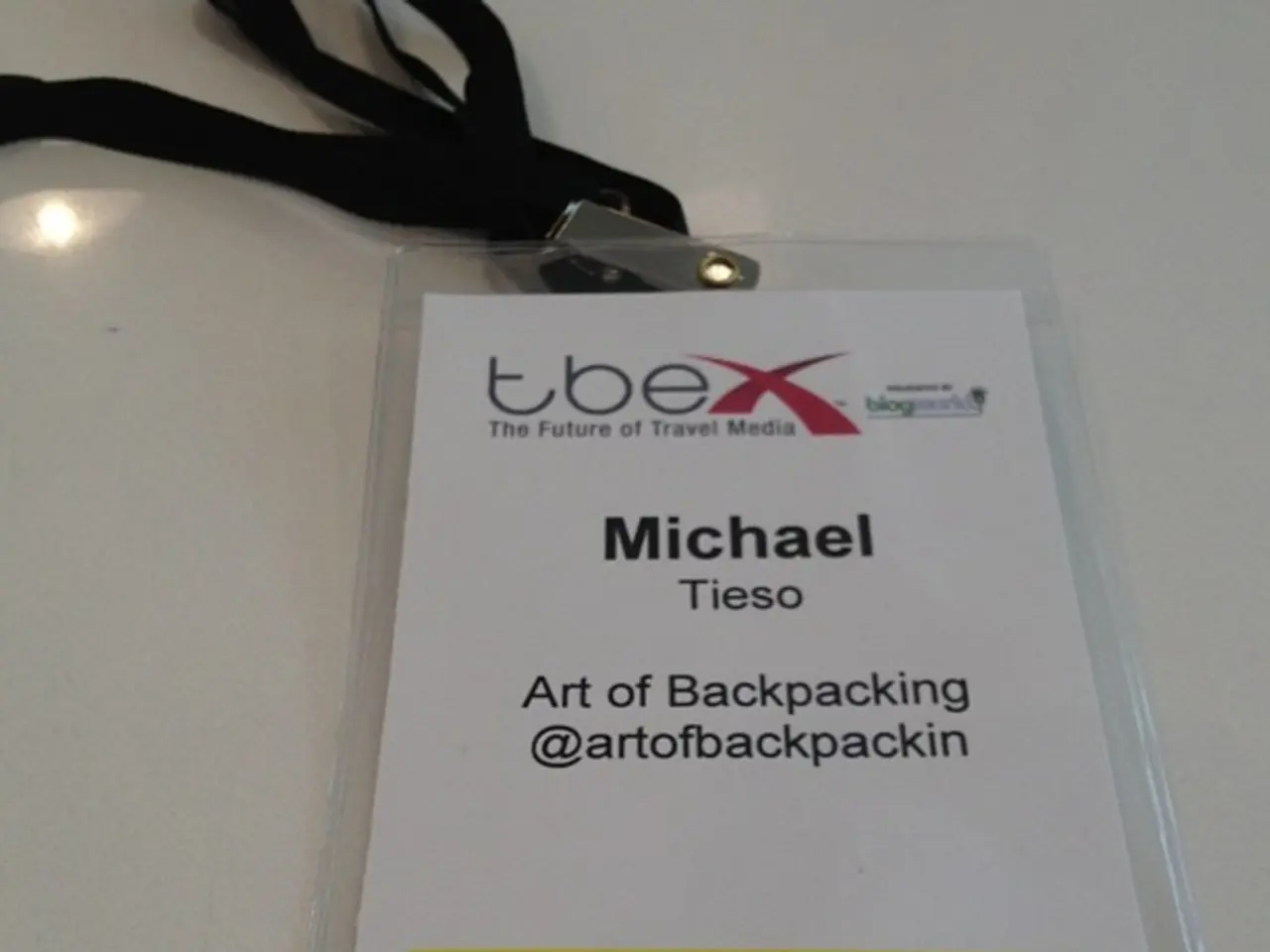Investigating Credibility: A Guide
In today's digital age, the importance of reputation verification in the hiring process cannot be overstated. Traditional methods, such as recommendation letters and LinkedIn profiles, while useful, often fall short in providing a comprehensive view of a job applicant's reputation.
Unverified reputations can lead companies to hire unqualified employees, expose themselves to fraud, or face intellectual property theft. To mitigate these risks, companies are turning to more robust and multi-layered approaches.
Robust Identity Verification is one such method. By implementing advanced identity proofing systems, such as those provided by firms like HYPR Affirm, companies can prevent candidate fraud and ensure the applicant's identity matches their claims.
Comprehensive Background Checks with Social Media Screening is another effective strategy. This involves evaluating a candidate's cultural fit, interpersonal skills, and values alignment by performing social media background investigations across platforms, not just LinkedIn. Structured rubrics are used to consistently assess relevant online behavior while respecting privacy and consent.
Professional Reputation Management Services also play a crucial role. These services track and analyze a candidate’s online presence, reviews, and mentions across many sites to provide a holistic view of their professional reputation. They combine AI and human expertise to maintain real-time monitoring and insightful reporting.
These approaches reduce reliance on subjective or limited documents like recommendation letters, enabling companies to make more informed and secure hiring decisions.
However, verifying a person's reputation remains a challenge. Information from open sources, while valuable, often consists of unrelated, ordinary data. Companies can face risks related to their own reputations, such as baseless accusations of criminal activity. Reputations are fragile and difficult to verify, creating problems for companies and opportunities for scammers.
LinkedIn reputation is also less reliable, as users can delete controversial information, change privacy settings, or intentionally create a false image. To combat this, companies can blend these strategies, using identity verification, comprehensive background checks, and professional reputation management services in unison.
Innovative solutions are also emerging. Vitalik Buterin, the co-founder of Ethereum, is working on a new form of reputation building called "soulbound tokens". These essentially NFTs that a person can earn after achieving something, such as graduating from a university or working at a company.
OSINT, or Open Source Intelligence, is another tool used by governmental agencies and businesses to ensure clients are trustworthy by analyzing internet data left behind by individuals. However, information about a person's recent change of residence may not be available to an OSINT specialist until it reaches open sources.
In conclusion, as the digital landscape continues to evolve, so too must our methods for reputation verification. By adopting modern, comprehensive approaches, companies can make more informed hiring decisions, protect their own reputations, and navigate the complexities of the digital age.
Read also:
- Acquisition Proposal: Perplexity Offers $34.5 Billion for Google Chrome, Suggesting Top Privacy Browsers as Competitors
- Artificial Fuels Demystified: Could Man-Made Fuels Prolong the Lifespan of Internal Combustion Engines?
- Intel Introduces Second Version of Its Africa-Targeted AI and Broadband Strategy
- Can forensic science strategies halt the illicit $23 billion wildlife trafficking market?





